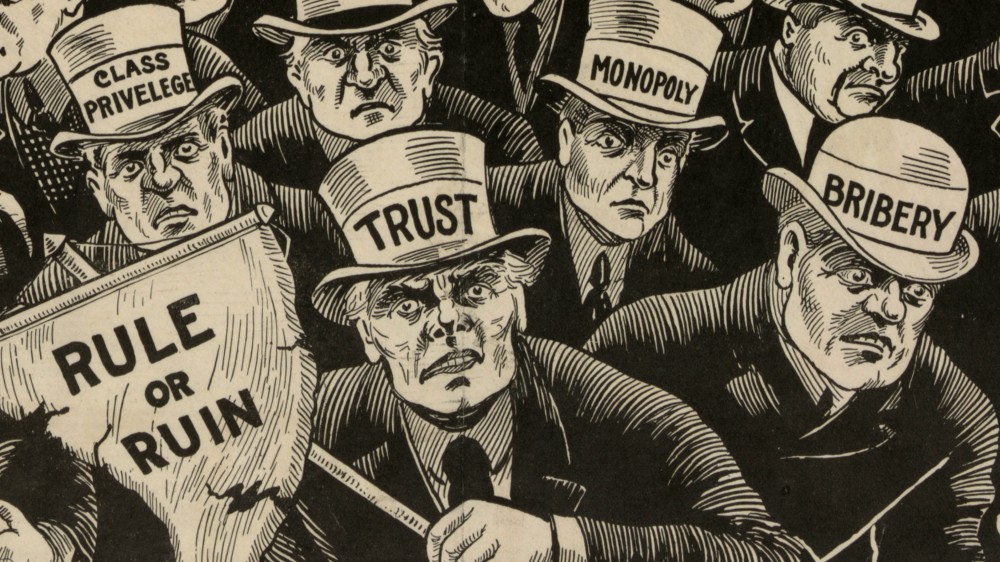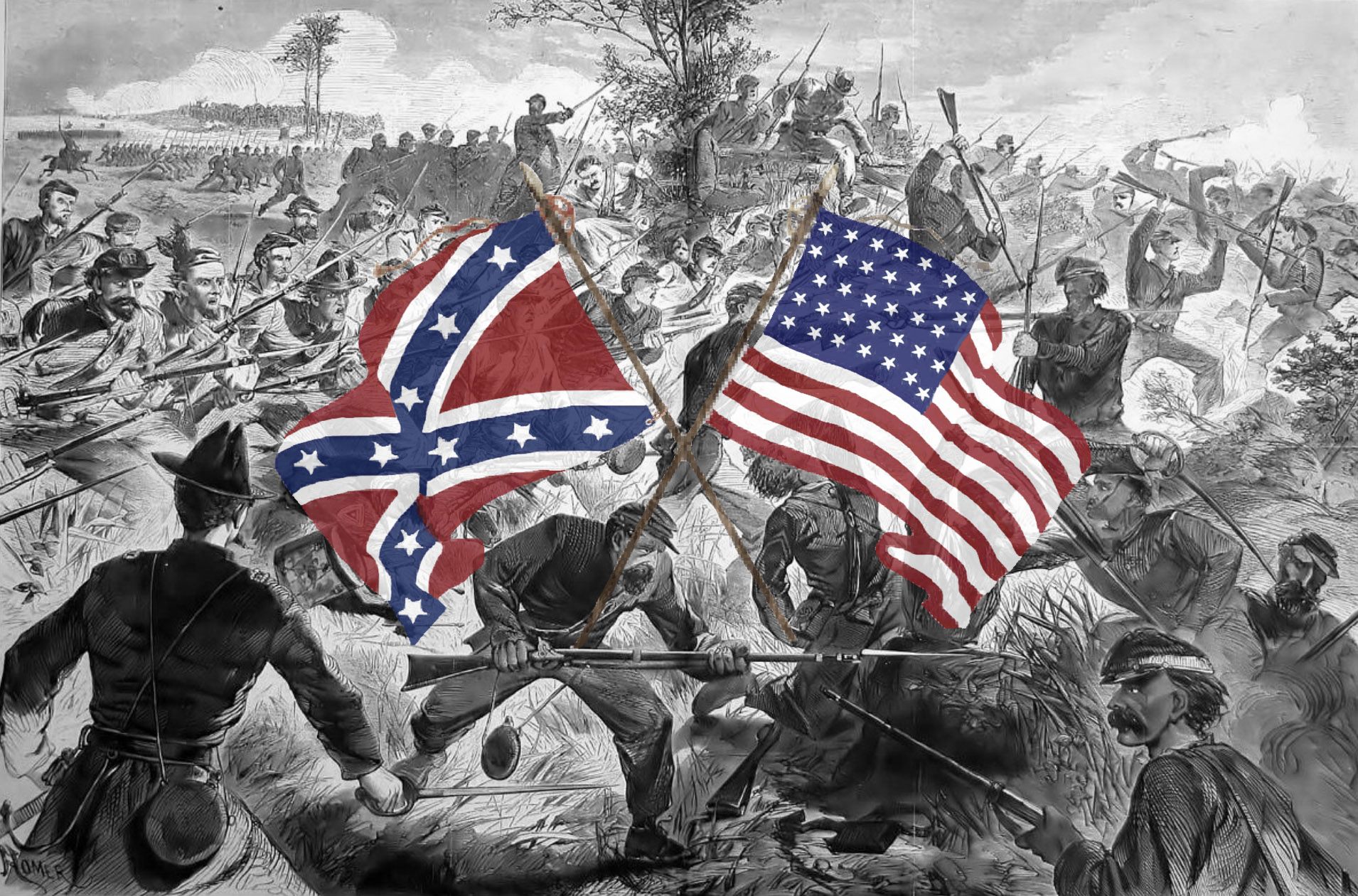Netflix was created in 1997 by Reed Hastings and software executive Marc Randolph. Netflix's original purpose was to offer online movie rentals to the general public. In 1998, Netflix launched the first DVD rental and sales site, netflix.com. Netflix then debuted a subscription service, offering unlimited DVD rentals for one low payment a month. By the beginning of the 21st century, Netflix introduced a personalized movie recommendation system, which uses Netflix members’ ratings to accurately predict choices for all Netflix members. In 2003, Netflix hit 1 million members. Netflix issued a patent by the U.S. Patent & Trademark Office to cover its subscription rental service and several extensions. Netflix then grew to 5 million subscribers in 2006. With the evolving world of technology, Netflix introduces streaming, which allows users to watch TV shows and movies directly from their laptops. In 2008, Netflix partners with different consumer electronic companies, like PS3 and other internet connected devices. Starting in 2010, Netflix becomes available on the Apple iPad and iPhone, as well as the Nintendo Wii. Netflix expands farther than the US, starting in Canada. Netflix debuted in Europe, and won its first Primetime Emmy Engineering Award. With its growing popularity, Netflix premiered its first original stand-up special, "Bill Burr: You People Are All the Same." By 2016, Netflix is in over 130 countries, and has a multitude of original shows and movies, including "House of Cards," "Hemlock Grove," "Arrested Development" and "Orange Is the New Black." Netflix started to win awards for their original shows, winning its first Academy Award when "The White Helmets" receives the award for Best Documentary Short Subject. Netflix continues to dominate award winning as time goes on. By 2019, Netflix had won four Academy Awards, including Best Director, Best Foreign Language Film and Best Cinematography for "ROMA," and Best Documentary Short Subject for "Period. End of Sentence." Netflix continues to be the number one streaming device used all over the globe, and adds different shows and movies monthly.
Netflix has had positive and negative impacts on today's society. Netflix, while convenient and efficient for at home movie watching, movie theater sales have gone down. Many people would rather pay $10-$15 a month than go to a movie and spend $20-$30 per person at the movie theaters one time. Netflix has also caused companies to go out of business, one being blockbuster. Because of Netflix being at our fingertips, people spend on average 1 hour and 36 minutes a day watching netflix, while only spending 36 minutes with family members. While Netflix has been beneficial to our movie watching, it also has caused less interaction in our society.
/cdn.vox-cdn.com/uploads/chorus_image/image/54916477/netflixlogo.0.jpg)
source: Sobre a Netflix

 Facebook's lack of privacy and invasion on personal data has left millions of users feeling violated and untrusting of the popular social media network. Since 2018, facebook users have dealt with different issues and bugs contracting personal data and pictures that were uploaded but not posted. Many different instances have been reported where facebook or other companies used facebook to extract this data. One example is Cambridge Analytica improperly taking personal facebook data of 50 million people in order to profile and target users for political advertisements. Another example is the lack of facebook security enabled hackers to access and steal personal information in nearly half of 30 million accounts.
Facebook's lack of privacy and invasion on personal data has left millions of users feeling violated and untrusting of the popular social media network. Since 2018, facebook users have dealt with different issues and bugs contracting personal data and pictures that were uploaded but not posted. Many different instances have been reported where facebook or other companies used facebook to extract this data. One example is Cambridge Analytica improperly taking personal facebook data of 50 million people in order to profile and target users for political advertisements. Another example is the lack of facebook security enabled hackers to access and steal personal information in nearly half of 30 million accounts.
